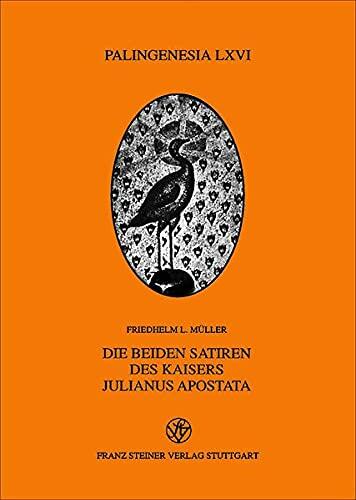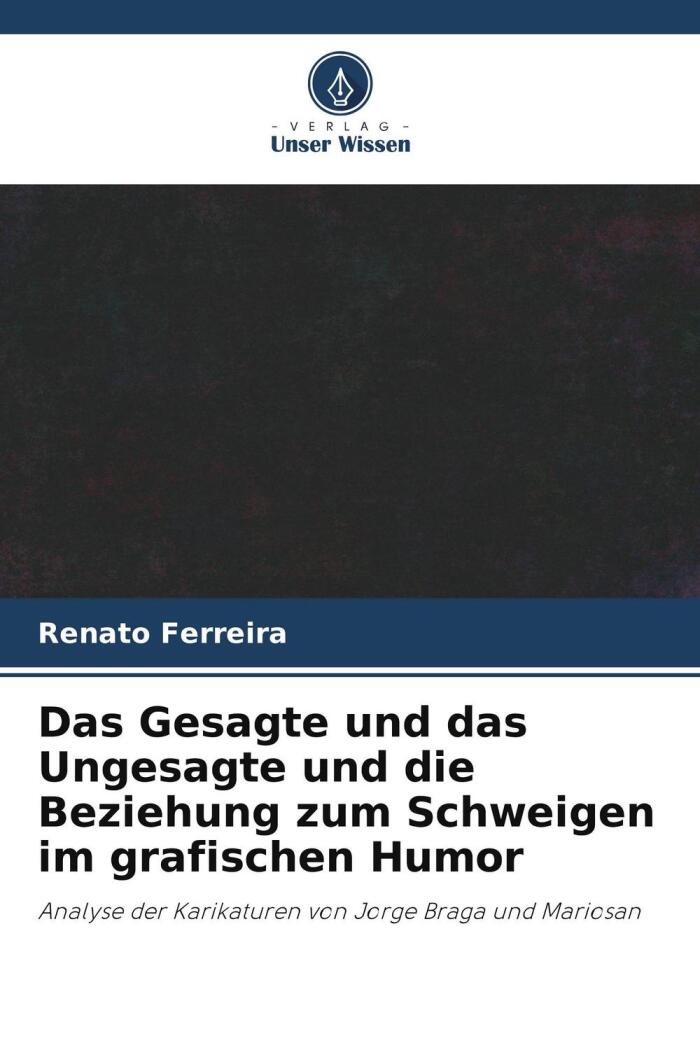
Die beiden Satiren des Kaisers Julianus Apostata. . Griechisch und deutsch.
por
Friedhelm L. Mueller
Ainda sem avaliações
Humor
Formato
Brochura
Páginas
248
Idioma
Alemão
Publicado
Dec 1, 1998
Editora
Franz Steiner Verlag
ISBN-10
3515073949
ISBN-13
9783515073943
Descrição
Friedhelm L. Mueller presents a captivating exploration of the dual satires of Emperor Julian, known for his attempt to revive paganism in a predominantly Christian empire. The text is meticulously crafted in both Greek and German, showcasing an intricate balance of language and meaning that invites readers into the historical and philosophical depths of Julian's thought.
In these works, the emperor cleverly critiques various aspects of society, philosophy, and politics of his time, employing humor and sharp wit. The satirical dialogues not only reflect Julian's unique position as a ruler but also serve as a testament to the cultural tensions of the era. Mueller’s insightful commentary enriches the understanding of these texts, providing context and analysis that enhances the reader's appreciation of Julian's intentions.
The inclusion of bibliographical references and an index adds a scholarly touch, making the book a valuable resource for students, historians, and those interested in classical literature. Through clear and accessible language, this edition invites a wider audience to engage with the legacy of Julian and the enduring relevance of his critiques.
As readers delve into these satirical works, they are encouraged to reflect on the underlying themes of power, belief, and identity, prompting discussions that resonate far beyond the ancient world.
In these works, the emperor cleverly critiques various aspects of society, philosophy, and politics of his time, employing humor and sharp wit. The satirical dialogues not only reflect Julian's unique position as a ruler but also serve as a testament to the cultural tensions of the era. Mueller’s insightful commentary enriches the understanding of these texts, providing context and analysis that enhances the reader's appreciation of Julian's intentions.
The inclusion of bibliographical references and an index adds a scholarly touch, making the book a valuable resource for students, historians, and those interested in classical literature. Through clear and accessible language, this edition invites a wider audience to engage with the legacy of Julian and the enduring relevance of his critiques.
As readers delve into these satirical works, they are encouraged to reflect on the underlying themes of power, belief, and identity, prompting discussions that resonate far beyond the ancient world.
Avaliações
Nenhuma avaliação ainda
Seja o primeiro a avaliar este livro e compartilhe seus pensamentos
Adicione a Primeira AvaliaçãoRegistro de Leitura
Nenhum registro de leitura encontrado
Comece a rastrear seu progresso de leitura para ver os registros aqui
Adicione Seu Primeiro Registro de LeituraNotas
Registro de transações
Nenhum registro de transações encontrado
Comece a rastrear suas transações de livros para ver os registros aqui
Adicione seu primeiro registro de transações


















